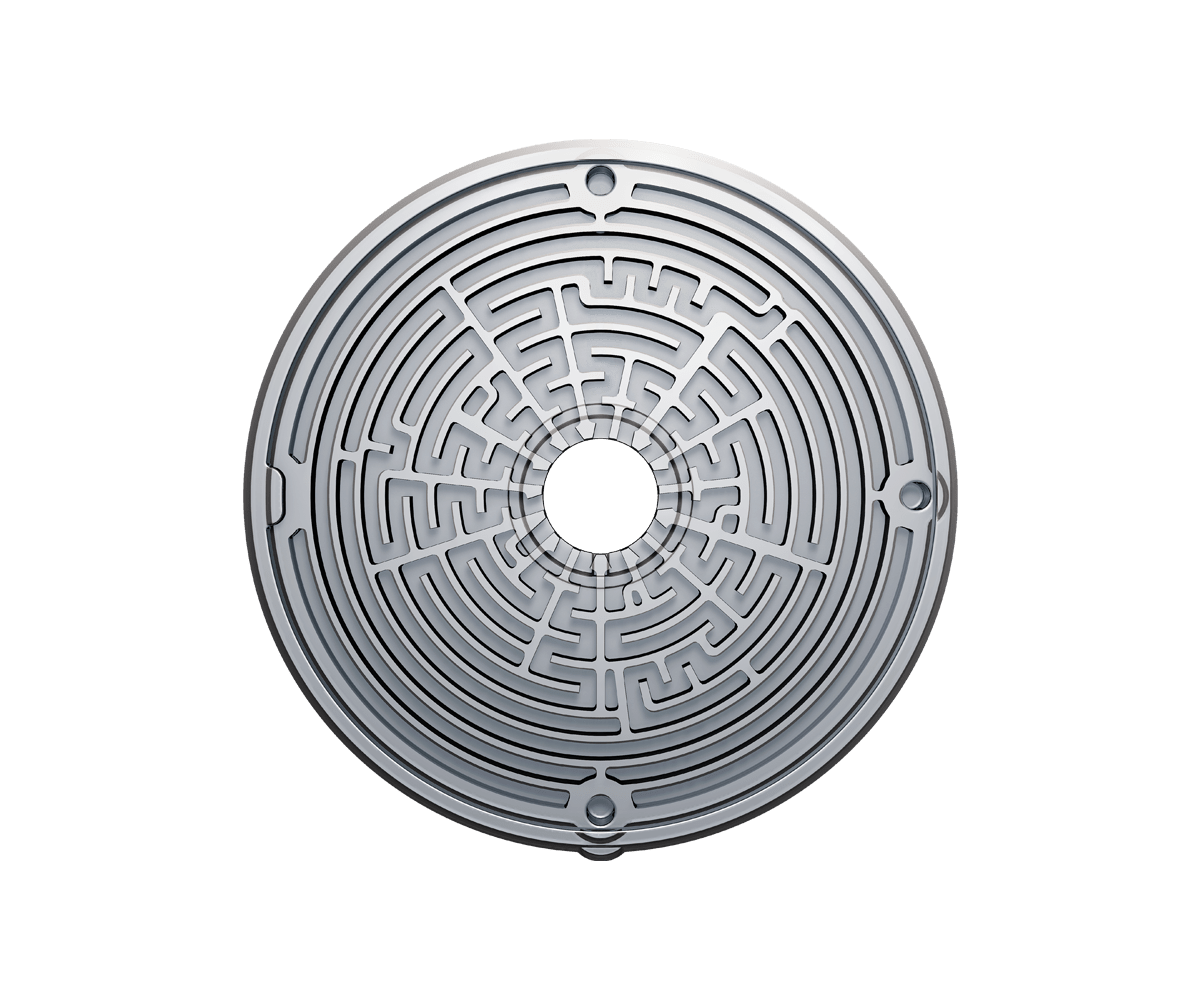KEF Technology
Uni-Q® Technology
The building block of KEF signature sound


- Tangerine Waveguide*
- Optimised Metal Alloy Dome
- Elliptical Dome Stiffener
- HF Motor Neodymium Magnet
- Precision Machined Speaker Yoke
- Tweeter Gap Damper*
- Z-Flex Surround*
- Stiffened Metal Alloy Cone
- Cone Neck Decoupler
- MF Motor Magnet
- Precision Machined Speaker Yoke
- Stiffened Dome*
- HF Motor System
- MF Motor System
- Vented Tweeter
- MF/LF Driver
Hear Everything, No Matter Where You Sit
Switch between:
Sit anywhere, hear every detail
Uni-Q technology places the tweeter precisely at the acoustic centre of the bass/midrange cone, so both act together as a single point source to disperse sound more evenly throughout the room. The result is the elimination of the limited ‘sweet spot’, therefore allowing everybody sitting at different spots in the room to experience and enjoy the same natural, detailed sound.
Cleaner, less distorted sound
In conventional loudspeakers, mid and high frequencies radiating from different locations interfere with each other. Uni-Q places the tweeter at the centre of the bass/midrange cone, dispersing these different frequencies from a single point source, so interference issues are avoided, and the sound is less distorted.
Perfectly timed sound
With Uni-Q’s single point source design all frequencies reach your ear at the same time. The sound is therefore more accurate and realistic than with conventional loudspeakers, where the output from each separate driver arrives at slightly different times, causing the sound to be smeared and less natural sounding.
Always innovating
Today’s 12th generation Uni-Q driver array is the result of over three decades of continuous innovation by the KEF engineering team. The initial concept that all the sound coming from the same place delivers improved sound is as true now as it was then, and the ensemble is a masterpiece of modern acoustic engineering.
More KEF Technology

Single Apparent Source
Technology
Uni-Core®
KEF’s innovative, patent-pending Uni-Core technology redefines the physical space high-performance speakers and subwoofers required to deliver deep and accurate bass.

Metamaterial Absorption Technology










